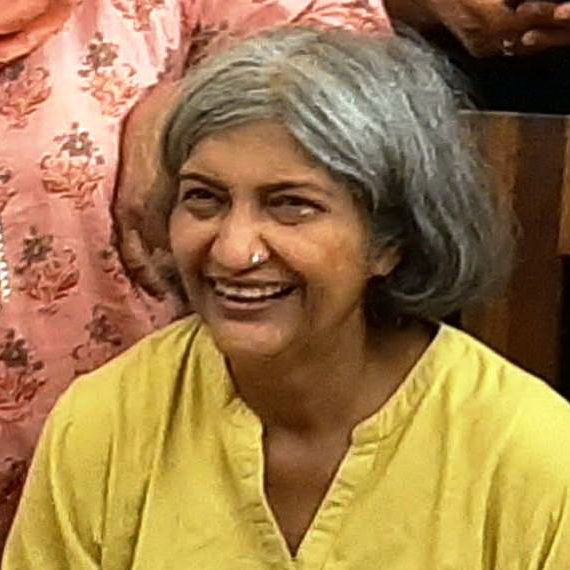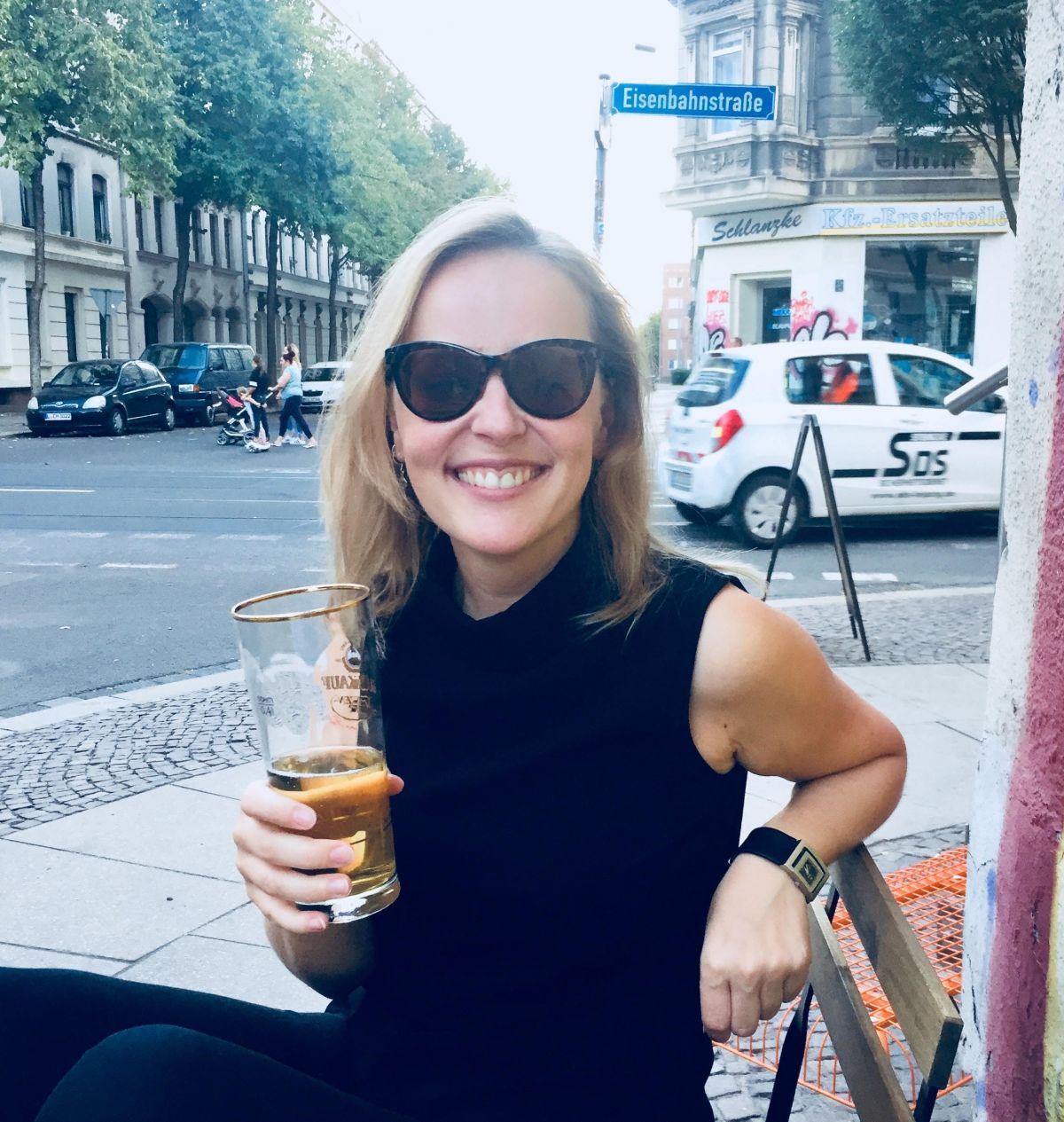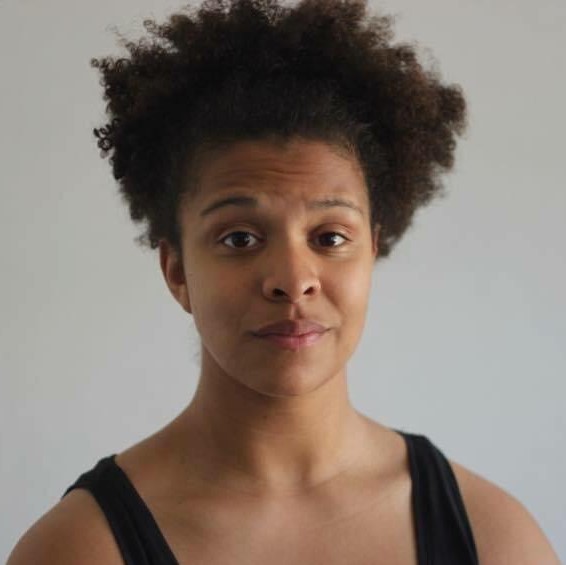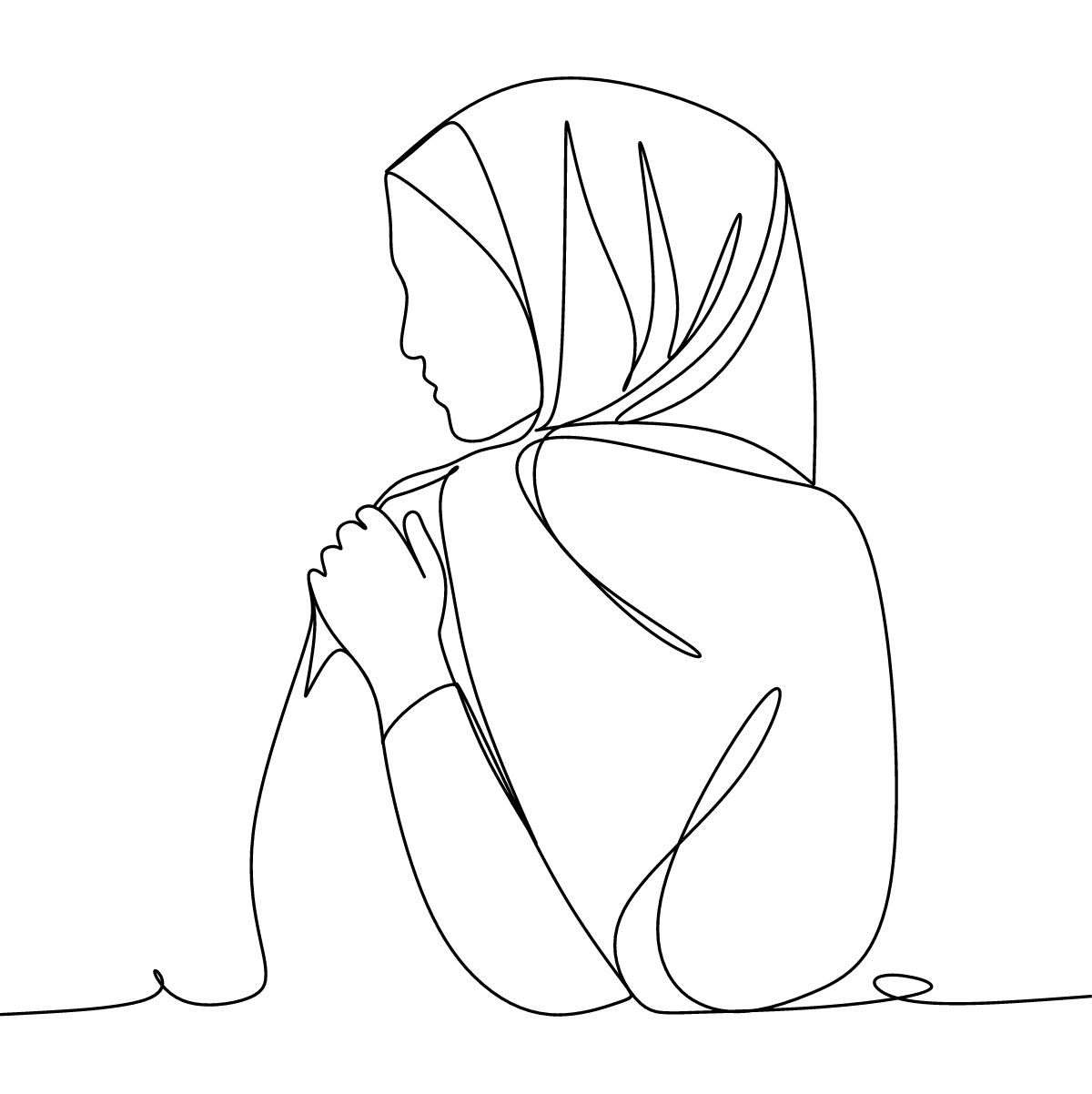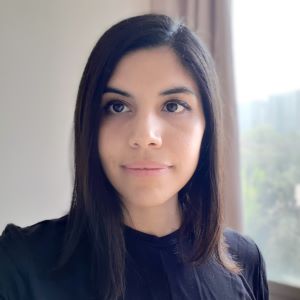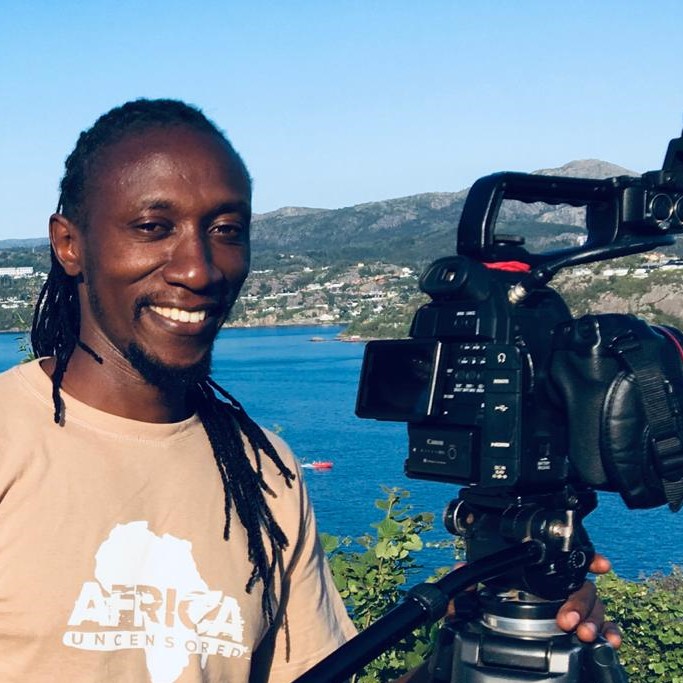Prison Work
When Vandana retired from working as a lawyer due to her mental health, she founded an NGO in honour of her mother and started teaching prisoners. Read how she experienced prison work as a former lawyer.
India, Southern Asia
Story by Vandana Lekhi. Edited by Melaina Dyck
Published on June 15, 2022.
Reading time: 5 minutes
This story is also available in 

When I wound up my work as a lawyer, facing mental collapse due to depression, I sold my chamber [1], which my mother had gifted to me. I was in my middle 40s, and with the proceeds from the sale – which was my entire fortune – I ventured into founding an NGO: Kamla Jagriti Manch, named for my mother. In life, I have always been weak with my finances, but I make up for my weakness with my labour and love. My capacity for limitless social work was my sole achievement and capability going into my role as the president of my NGO. The NGO aimed to help underprivileged people by spreading access to education, and propagating compassion and equality for all.
Kamla Jagriti Manch enlisted with Tihar Central Prisons. It was one of a few certain NGOs that were permitted to interact with inmates. Kamla Jagriti Manch was a one woman show by me. I was assigned Jail Number 3, Ignou ward.
I never questioned any of the inmates about the offences responsible for their arrests.
My mother’s compassion in her personal life taught me to give understanding without being critical or judgemental. I never questioned any of the inmates about the offences responsible for their arrests. I cited the story of the Hindu sage Valmiki ji who had once been a dacoit [2] and a merciless killer. The sage Valmiki was first a dreaded dacoit who robbed and killed travellers crossing the forest. Once some hermits were going across the forest and Valmiki threatened to kill them. Fearlessly one hermit said, "You loot and kill to feed your family. Go and ask them whether they also will incur the sin of killing and looting to feed you.” But when Valmiki asked his family, all refused to follow his example to kill others to feed themselves. Valminki then prayed to Lord Ram and when he attained enlightenment, he became a great hermit and wrote the Ramayan. I believe that everyone has the potential to be like Valmiki.
I told the inmates that being deprived of freedom and normal life would fill them with enormous strength, which often results from insurmountable adversity. Only a few were keen to study, but amazingly, when I got exercise books and stationery, there would be full attendance. They were like children excited for school supplies. Inmates requested the Holy Bible and Holy Quran in different languages along with Rapidex English Learning books. Accordingly, I had to arrange for them by placing orders with big booksellers. I selected the educated inmates as teachers for the rest of the group.
There are different reasons why people take to crime: uncontrolled anger, desperation, greed, poverty, not being able to make ends meet.
However, the truth behind bars is harsh and, too often, unknown. Some pretence of social reform is made but its effectiveness on a large scale is extremely doubtful. I often found that an inmate who I engaged as a teacher ended up facing brutal assault, probably due to other inmates’ wrath. The inmates were too scared to confide their problems to anyone. There are different reasons why people take to crime: uncontrolled anger, desperation, greed, poverty, not being able to make ends meet. Although I never questioned inmates about the crimes that led to their arrest, some confided in me and I got to know their histories.
I discovered that extreme provocation and unbridled anger resulted in violent criminal reactions. One prisoner was imprisoned for throwing acid. He had himself been injured in the process. Being very repentant, he asked me to approach the victims for forgiveness and compromise. On visiting them I discovered they had no faith in his word and were too traumatised to ever trust him. I felt sad for the prisoner because he seemed to be genuinely repentant. But as Shakespeare shows in "The Merchant of Venice," the quality of mercy does not come easily to most people.
Footnotes
[1] private office of a judicial officer
[2] a member of a band of armed robbers. Term used in India.
How does this story make you feel?
Follow-up
Do you have any questions after reading this story? Do you want to follow-up on what you've just read? Get in touch with our team to learn more! Send an email to [email protected].
Talk about this Story
Please enable cookies to view the comments powered by Disqus.
Subscribe to our Monthly Newsletter
Stay up to date with new stories on Correspondents of the World by subscribing to our monthly newsletter:
Topic: Liberation
> Germany
A Tale of Two Countries: Part II
A story by Janina Cymborski
4 min
The perceived differences between East and West Germany are not merely rooted in the separation after World War II, but also in the events that followed the Unification. Though unity is an admirable goal, accepting differences may eventually lead to a greater appreciation. Read more...
> Netherlands
Black Lives Matter: An Experience in the Train
A story by Naomi Beijer
3 min
As a black woman here in the Netherlands, I may not be murdered for the colour of my skin, but that does not mean that racism doesn't exist in the Netherlands. Read more...
> Afghanistan
Afghan Girl on the way of following her dreams
A story by Ayesha Ghafori
5 min
15th of August 2021 was the last day of school. And Ayesha would never return to school. Here she tells us how her normal life turned upside down after Taliban invaded Afghanistan. Read more...
Explore other Topics
Get involved
At Correspondents of the World, we want to contribute to a better understanding of one another in a world that seems to get smaller by the day - but somehow neglects to bring people closer together as well. We think that one of the most frequent reasons for misunderstanding and unnecessarily heated debates is that we don't really understand how each of us is affected differently by global issues.
Our aim is to change that with every personal story we share.
Community Worldwide
Correspondents of the World is not just this website, but also a great community of people from all over the world. While face-to-face meetings are difficult at the moment, our Facebook Community Group is THE place to be to meet other people invested in Correspondents of the World. We are currently running a series of online-tea talks to get to know each other better.











